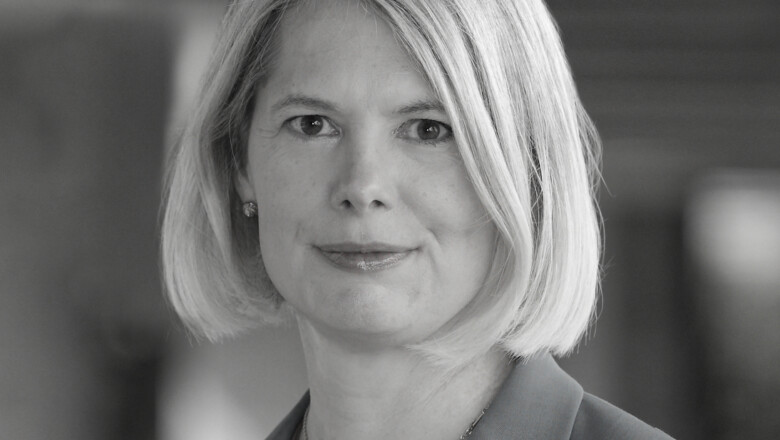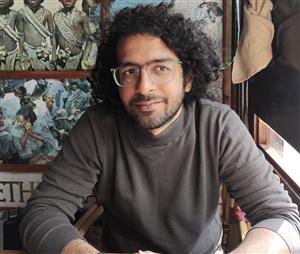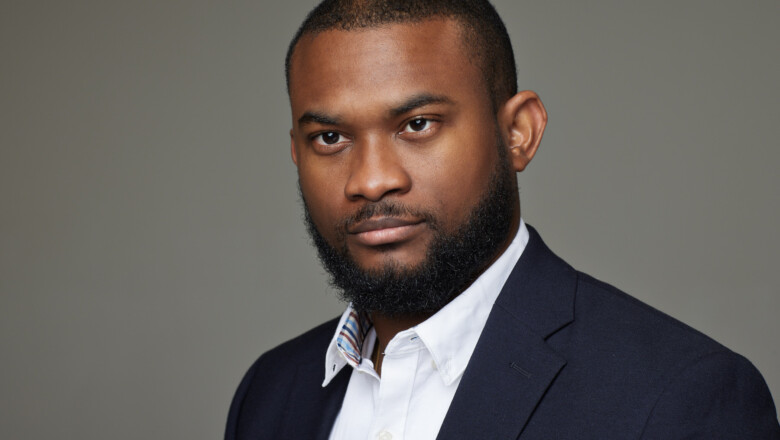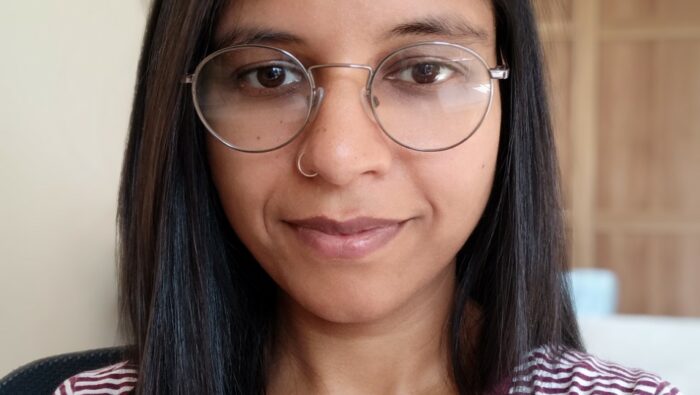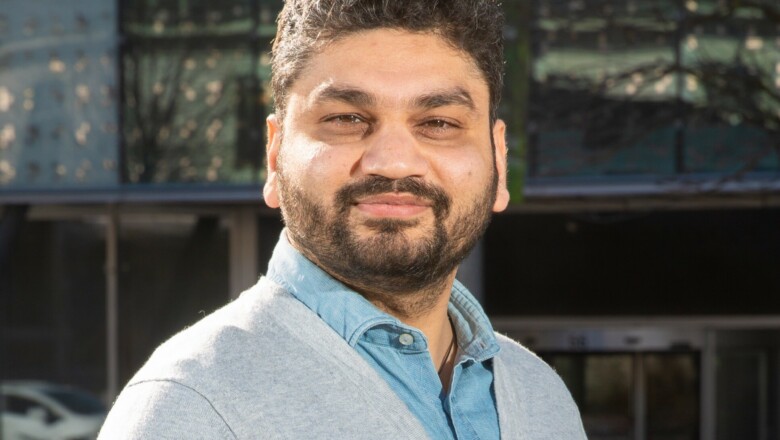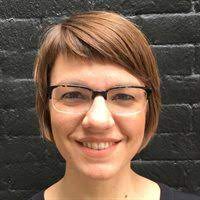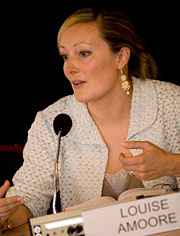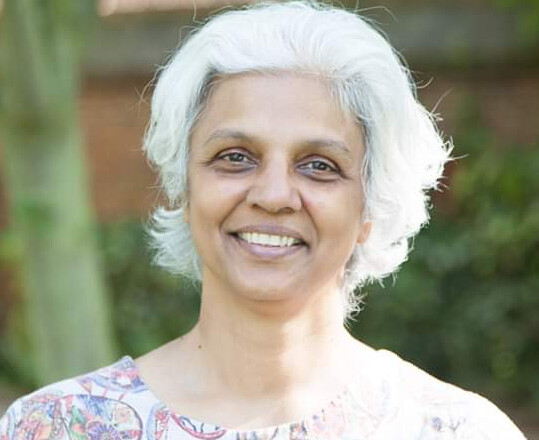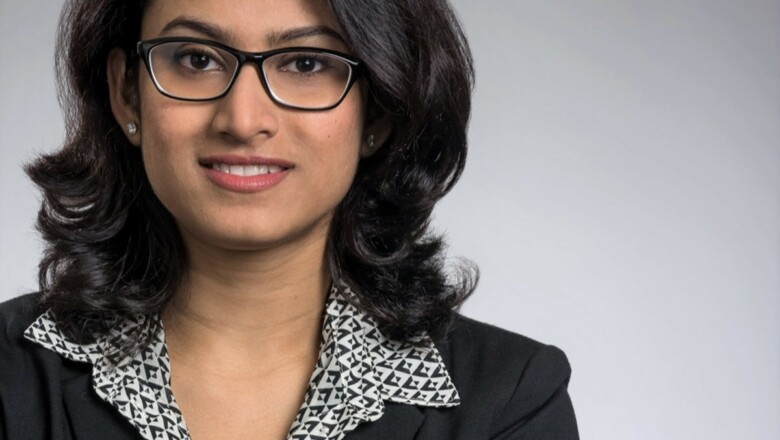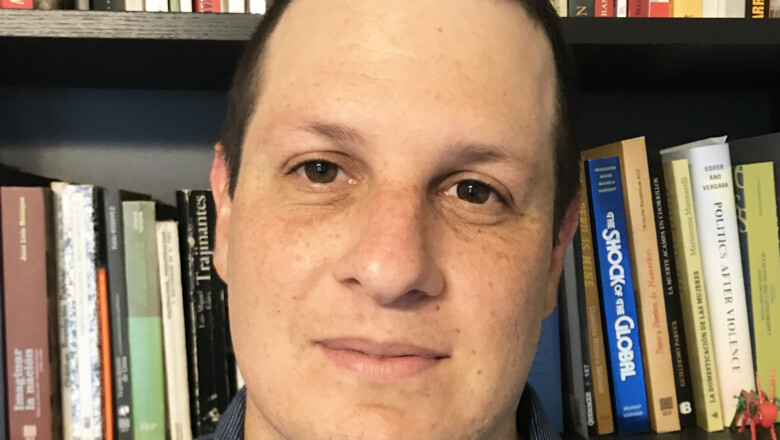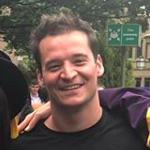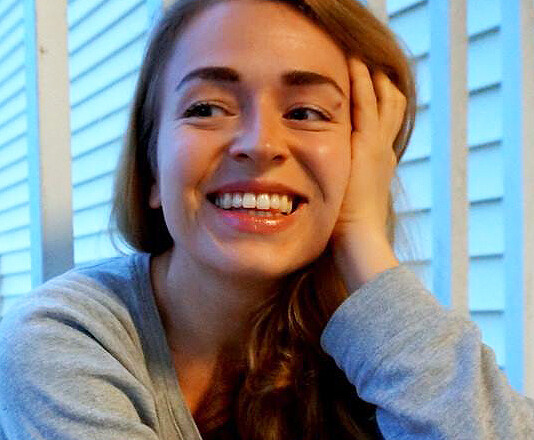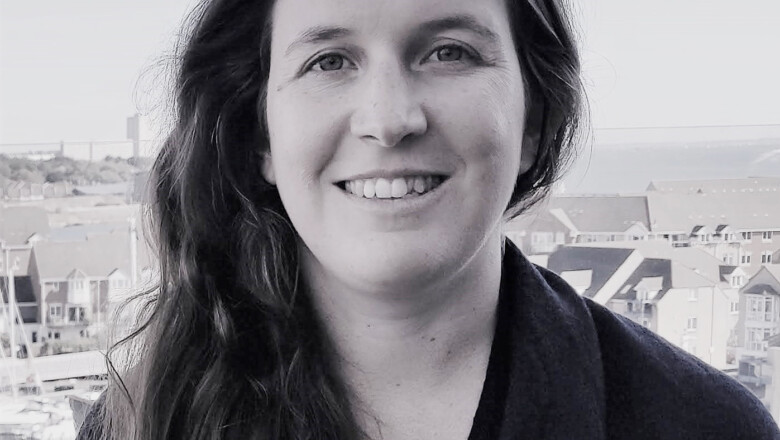Technologies: Uncertainty, ethics, and change
Philomathia Symposium, 27th April 2023
Keynes Hall, King’s College, Cambridge CB2 1ST
Transitoriness and uncertainty are inherent conditions of modern life. Work, health and medicine, infrastructures, climate, and human and non-human lives are increasingly characterized by rapid change and instability. Technological change in those domains promises to improve living conditions and make life sustainable, in the process transforming the human experience into a paradoxical condition characterised by permanent uncertainty –a sense of continuous transition. What does it mean to live in uncertain and transitory times? This symposium interrogates the promises, ethics, and limits of technological innovation. Often seen as fixes to emerging problems, new technologies are fraught with failure, reproducing old divides and creating unintended challenges of their own. This loop of sociotechnical problems and solutions offers rich possibilities for critical scholarship. Building on the longstanding interest across diverse disciplines about the relationships between technologies and human living, this multi- and inter-disciplinary symposium brings together perspectives related to technologies, uncertainty, ethics, and transitoriness in Anthropology, Development Studies, Geography, History, Sociology and cognate disciplines.
The symposium is sponsored by the Philomathia Social Sciences Programme at the University of Cambridge.
Keynote
Speakers
Organisers
- Venue
- Keynote
- Full Programme
Venue
Keynote
‘Making AI Work for Us’ by Professor Gina Neff
Artificial intelligence and other innovative technologies are rapidly evolving. What will it take to make these tools work for us? In this talk, Gina Neff will look at how we can build a better future by addressing what still needs to be done to use generative AI and other automated technologies in our homes and workplaces. From robotic surgery and automated engineering to generated text and images from models like GPT and Dall-E, AI is forcing us to develop new ways of working. Understanding the challenges and the opportunities ahead requires a deep look at how we work in teams, and how we adapt, resist, or follow the new ways for organizing information at work and in society at large. Anticipating these challenges, and adapting the technology as well as our jobs, our regulations and our organizations, will help AI work for all of us.
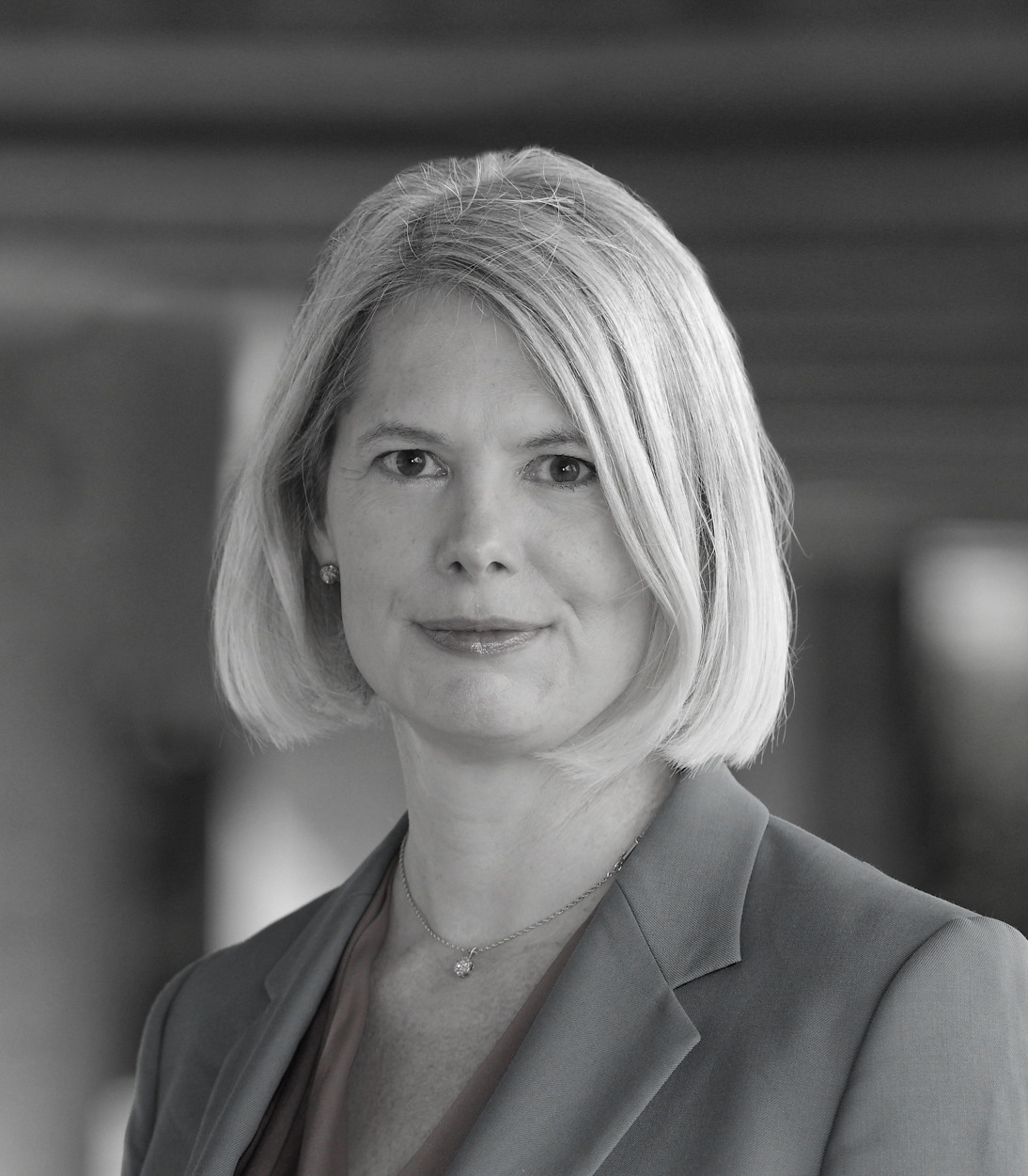
Professor Gina Neff is the Executive Director of the Minderoo Centre for Technology & Democracy at the University of Cambridge. Her books include Venture Labor (MIT Press 2012), Self-Tracking (MIT Press 2016) and Human-Centered Data Science (MIT Press 2022).
Her research focuses on the effects of the rapid expansion of our digital information environment on workers and workplaces and in our everyday lives. Professor Neff holds a Ph.D. in sociology from Columbia University and advises international organisations including UNESCO, the OECD and the Women’s Forum for the Economy and Society. She chairs the International Scientific Committee of the UK’s Trusted Autonomous Systems programme and is a member of the Strategic Advisory Network for the UK’s Economic and Social Research Council.
Her academic research has won both engineering and social sciences awards. Professor Neff led the team that won the 2021 Webby for the best educational website on the Internet, for the A to Z of AI, which has reached over 1 million people in 17 different languages.
Full Programme
8:30-9:00 Registration
9:00-9:10 Opening Remarks – Prof Tim Harper and Dr Perveez Mody
9:10-10:00 Keynote: ‘Making AI Work for Us’ by Prof Gina Neff
Artificial intelligence and other innovative technologies are rapidly evolving. What will it take to make these tools work for us? In this talk, Gina Neff will look at how we can build a better future by addressing what still needs to be done to use generative AI and other automated technologies in our homes and workplaces. From robotic surgery and automated engineering to generated text and images from models like GPT and Dall-E, AI is forcing us to develop new ways of working. Understanding the challenges and the opportunities ahead requires a deep look at how we work in teams, and how we adapt, resist, or follow the new ways for organizing information at work and in society at large. Anticipating these challenges, and adapting the technology as well as our jobs, our regulations and our organizations, will help AI work for all of us.
10:00-10:15 Coffee break
10.15-11.45 Future Is Now: Digital Life and Labour.
Convenors: Dr Debangana Bose and Dr Katarzyna Cieslik
-
- Dr Daniel Arubayi (Oxford University)
- Dr Kavita Dattani (Oxford University)
- Dr Aditya Ray (University of Bristol)
Digital technologies are revolutionizing everyday life promising a ‘better’ future. The digital revolution produced new temporal, spatial, and governmental orders framed as universally desirable, as lives became faster, smoother, and better connected. For instance, the digital revolution has normalized societal expectations for instant service provisioning, governmental appropriation of real-time information on individuals and infrastructures, and re-intermediation of labour relationships by digital platform monopolies. In the world of work, digitalization, datafication and platformization have exacerbated existing inequalities and increased precarity linked to digital divides, automation replacing human labour and inescapable information asymmetries between employers and workers. Moreover, the new temporal, spatial, and governmental orders produce a condition of permanent uncertainty as individuals struggle to live in and through contradictions of an imagined ‘good’ life and their lived experiences of precarious life. Drawing on a panel of 5 eminent speakers intersecting the fields of digital studies, labour studies, and urban studies, this panel engages with the pressing question – how are digital platforms producing new temporal, spatial, and governmental orders creating (un)free conditions of human life and labour and what does the future hold for digital lives and labour?
11:45-13:15 The Highest Stakes: Environmental Uncertainty.
Convenors: Dr Adrian Lerner Patron and Dr Katarzyna Cieslik
-
- Dr Kasia Paprocki (London School of Economics and Political Science)
- Dr Didem Gurdud Broo (Uppsala University/Stanford University)
- Dr Johan Gardebo (University of Cambridge)
- Dr Sumit Vij (Wageningen University and Research)
Imagining a future requires a set of assumptions about the rules of the natural world. These assumptions are inevitably co-constitutive with social and political relations, and, in the present day, more and more dependent on socio-technical imaginaries. While technology can help offset rising uncertainty, it also creates new risks and inequities with regards to decision-making about the future. This roundtable puts together interdisciplinary perspectives about the ways in which different societies, past and present, and actors within them, have approached the critical question of environmental change. In this session, we will discuss the different intellectual traditions, forms of data accumulation and organization, and technological innovations meant to deal with the workings of nature and the changing environmental conditions. How have socio-political arrangements moulded our many understandings of nature? We intend to foster a collective discussion that enlightens the enormous diversity of societal approaches to environmental change, while also seeking to draw lessons for our own contemporary global ecological crisis.
13:15-14:15 Lunch
14:15-15:30 Counter-Stories of Technologies: Methods and Practices
Chair: Prof Shailaja Fennell
What are the relationships between the creation of knowledge about societies and technological change? Grounded in specific research experiences in the field and in the archives, this interdisciplinary roundtable will discuss the methodological challenges and opportunities of social scientific approaches to technologies. We begin with the basic premise that technology, rather than an independent realm, needs to be scrutinised as part of a series of social and material fields. Often deliberately presented as “neutral,” technologies are invariably created by people, embedded in existing infrastructures of inequality and cultural values. Building on examples from our own historical, ethnographic, economic, and geographic research, we show such a lens helps us attend to and disrupt essentialist and neutral notions of technology and aids us to visibilise multiple and embodied stories. We also propose to interrogate the potential impact of these critical inquiries on realms outside academia and the blind spots of our methodological approaches.
15:30-15:45 Coffee break
15:45-17:15 Unruly consequences: The affects and effects of technological uncertainties.
Convenors: Dr Juan Manuel del Nido and Dr Ignacia Arteaga
-
- Dr Talia Dan-Cohen (Washington University, St Louis)
- Prof Louise Amoore (Durham University)
- Dr Kriti Kapila (King’s College London)
Hybrid roundtable session to discuss how technologies produce different kinds of (un)certainties in the fields of clinical research, computing and surveillance and the consequences these bring to social life.



